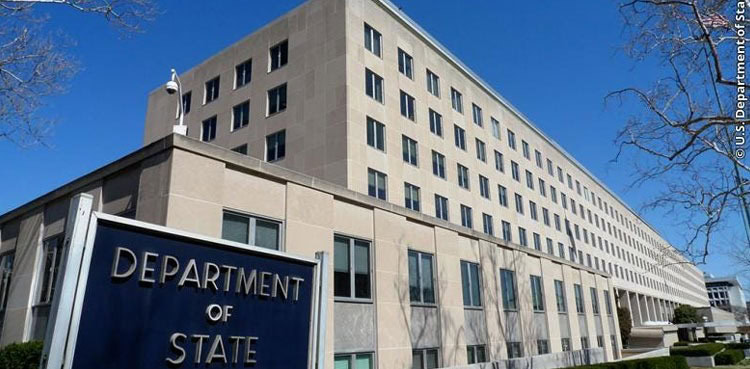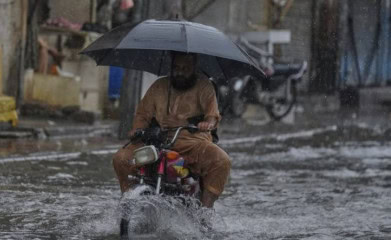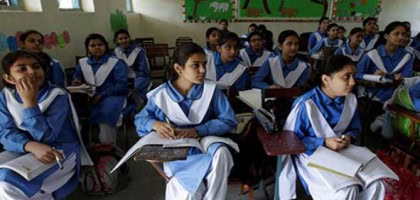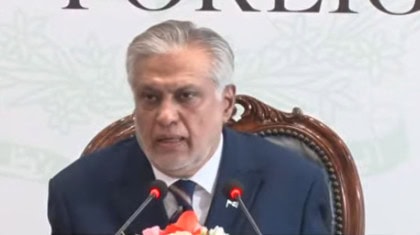WASHINGTON – The US State Department has urged India and Pakistan to work together towards a ‘responsible resolution’ as tension heightened between the neighbouring countries following the Pahalgame incident in occupied Kashmir.
Following the April 22 attack in Pahalgam where more than two dozen tourists were shot dead by unknown assailants, Indian has been leveling allegations against Pakistan while Islamabad has rejected them and called for an impartial probe into the incident.
The US State Department spokesperson has sent a statement to Reuters through an email, stating: “This is an evolving situation and we are monitoring developments closely. We have been in touch with the governments of India and Pakistan at multiple levels”.
The spokesperson also said Washington “stands with India and strongly condemns the terrorist attack in Pahalgam”.
Indian took several extreme steps such as suspending Indus Water Treaty and reducing strengthen of Pakistani diplomats.
Later, Pakistan’s National Security Committee (NSC) took stern measures after India’s unilateral decision to cut ties. The country’s top civil and military officials reviewed regional security environment in the aftermath of the April 22 terrorist attack in Pahalgam, Anantnag District of Indian-Occupied Jammu and Kashmir (IIOJK), which resulted in the deaths of several tourists.
NSC members expressed deep concern over the loss of civilian lives and strongly denounced India’s response to the incident, terming it “unilateral, baseless, politically driven, and legally untenable.”
Rejecting New Delhi’s attempt to implicate Pakistan in the Pahalgam attack without credible investigation, the NSC declared the allegations as “illogical and unfounded.” It reiterated Pakistan’s long-standing position against terrorism in all forms, highlighting the country’s significant sacrifices as a frontline state in the global war on terror.
Committee accused India of exploiting the tragedy for political purposes, and warned that India must be held accountable for its own internal security failures. It also condemned what it described as “state-sponsored oppression” in IIOJK and growing marginalization of minorities across India, particularly Muslims.
Diplomatic, Trade, and Airspace Measures Announced
Immediate closure of the Wagah border crossing; travelers currently in Pakistan must return by April 30.
Suspension of all SAARC Visa Exemption Scheme visas for Indian nationals, with the exception of Sikh pilgrims. Indian visitors are ordered to leave within 48 hours.
Expulsion of Indian military advisors stationed in Islamabad, who must depart by April 30. The Indian High Commission must reduce its staff to 30 members.
Complete airspace closure to Indian-owned and operated aircraft.
Full suspension of bilateral trade with India, including trade via third countries transiting through Pakistan.
The Committee further warned that Pakistan is considering suspending all bilateral agreements with India, including the landmark Simla Agreement, until India ceases its “interference in Pakistan, extraterritorial killings, and violations of international norms.”



















